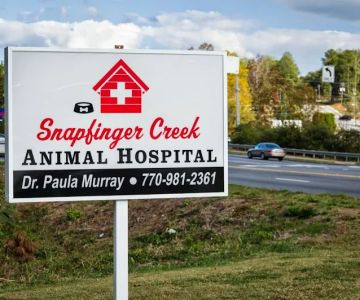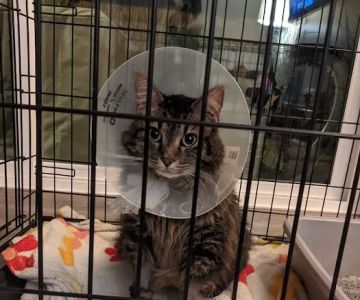How to Care for Your Dog After a Vaccine
As a pet owner, I’ve always found it essential to ensure that my dog is well taken care of, especially after receiving vaccines. Whether you have a new puppy or an older dog, vaccines are crucial in protecting them from diseases, but how we care for them post-vaccination is just as important. I know many pet owners, myself included, have had concerns about how to help their dogs recover after a shot. In this article, I’m going to share my experiences, tips, and expert advice on how to care for your dog after a vaccine to make sure they’re comfortable and safe.
1. Understanding Common Vaccine Reactions
Vaccines are essential for keeping our dogs healthy, but it’s natural to be concerned about how they will react afterward. Just like humans, dogs may experience mild reactions to their vaccinations, which can range from slight lethargy to a mild fever. Understanding what to expect is key in managing your dog’s post-vaccine care. In the first few hours after the vaccine, most dogs will feel tired, and some may have a slight swelling or tenderness at the injection site. These symptoms usually subside on their own within a day or two. However, it’s always good to know what signs to look for so you can act quickly if necessary.
2. Keep Your Dog Comfortable with Rest
One of the best things you can do for your dog after vaccination is to ensure they get plenty of rest. I remember my dog, Max, seemed more tired than usual after his vaccinations, and this was a clear sign that his body was working hard to process the vaccine. Rest allows their immune system to function effectively without unnecessary stress. Limit your dog’s physical activity for a few days, especially if they seem unusually lethargic. Short, gentle walks are fine, but heavy play should be avoided.
3. Watch for Signs of Adverse Reactions
While most dogs will have mild reactions, it’s essential to monitor for any severe reactions. Signs of a more serious reaction could include excessive swelling, difficulty breathing, or vomiting. Although rare, these symptoms should be taken seriously, and if you notice them, you should contact your vet immediately. I’ve been in situations where my dog had some swelling, and it was always comforting to know that the vet was just a phone call away for peace of mind.
4. Keep Your Dog Hydrated
After vaccination, it’s crucial to keep your dog well-hydrated. Some dogs might not feel like drinking much, but dehydration can make the recovery process harder. Ensure that your dog has access to fresh water at all times. I found that offering some ice cubes or even adding a little low-sodium chicken broth to the water bowl encouraged my dog to drink more fluids. This can also help if they are feeling slightly off after the shot.
5. Keep the Injection Site Clean
Vaccination sites can sometimes become sore or irritated. I always check the site for signs of infection, like redness or warmth. While a small bump is typical, if the site looks swollen or starts to ooze, this could be a sign of infection, and you should reach out to your vet. Keeping the area clean and avoiding unnecessary scratching or licking helps your dog recover without further irritation.
6. Regular Monitoring for a Few Days
For the first 48-72 hours after vaccination, I regularly monitor my dog’s behavior and health. This includes checking their temperature, watching for any unusual signs of pain or discomfort, and ensuring that they’re eating and drinking normally. If you notice anything unusual or concerning, don’t hesitate to contact your veterinarian for advice. It’s always better to be cautious when it comes to your dog’s health.
7. When to Consult a Vet
In most cases, the symptoms after a vaccination are mild and subside within a day or two. However, if your dog is showing prolonged symptoms or any signs of a severe reaction, it’s essential to consult a veterinarian. If you notice a loss of appetite, excessive vomiting, diarrhea, or trouble walking, these could be signs that your dog needs immediate medical attention. Don’t wait—early intervention can make a significant difference in your pet’s health.
By following these guidelines and staying observant, you’ll ensure your dog’s recovery after their vaccination is as smooth and comfortable as possible. It's all about providing a calm, safe environment, keeping an eye on their condition, and knowing when to ask for professional help. If you're ever uncertain, always err on the side of caution and reach out to your vet. Remember, vaccination is an important step in keeping your dog healthy, and how we care for them afterward is equally as important.











